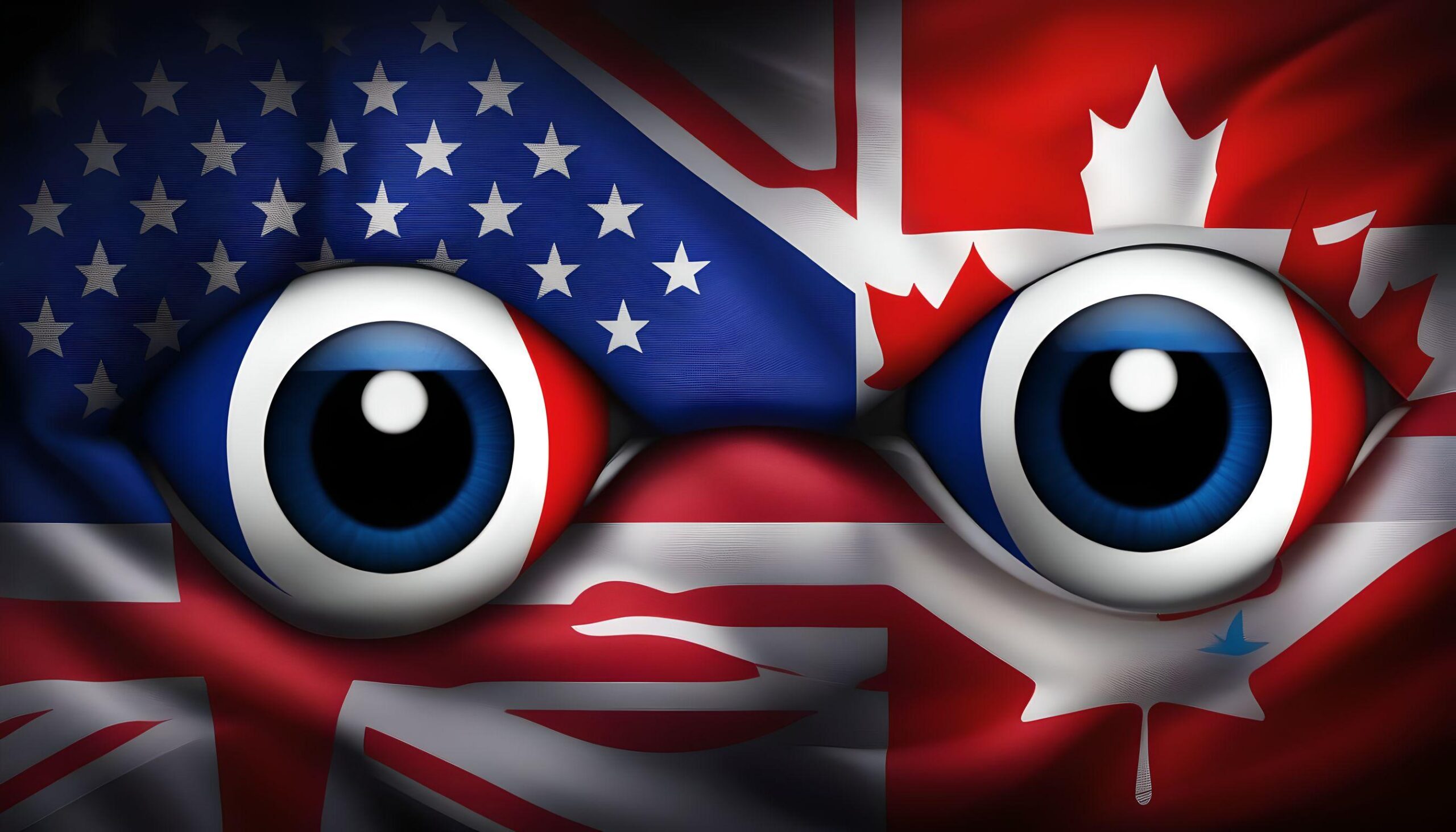What is the Five Eyes Alliance? Its Impact on VPNs
What is Five Eyes? Its Impact on VPNs
In today’s digital world, maintaining privacy and security of personal information is of utmost importance. One common tool for enhancing online security is the use of a VPN (Virtual Private Network). But did you know that some governments may have access to your information? In this article, we will explore this issue and its impact on VPNs.
What is Five Eyes?
Five Eyes is an intelligence alliance consisting of five countries: the United States, Canada, the United Kingdom, Australia, and New Zealand. These countries work closely together in the collection and exchange of intelligence, which is why they are collectively referred to as the “Five Eyes.” The primary goal of this alliance is to monitor global internet activities and communications.
In addition to Five Eyes, there are other agreements such as Nine Eyes and Fourteen Eyes that include more countries and similarly focus on information sharing. If a VPN is based in one of these countries, it may be subject to the laws of these agreements, which can compromise user privacy. Therefore, if you are concerned about remaining anonymous while using a VPN, it is advisable to look for a VPN that operates in a country outside the jurisdiction of these alliances. This can help enhance your security and privacy.
The Nine Eyes includes the following countries:
The Five Eyes countries (USA, UK, Canada, Australia, and New Zealand) plus Denmark, France, the Netherlands, and Norway.
This alliance became well-known after Edward Snowden’s revelations in 2013 and aims to collaborate in the collection and sharing of surveillance data.
The Fourteen Eyes includes the following countries:
The Nine Eyes countries plus Germany, Belgium, Italy, Sweden, and Spain.
These countries also collaborate in surveillance agreements and are known as SIGINT Seniors Europe (SSEUR). This group focuses on information exchange and strengthening global security cooperation.
- How Does Five Eyes Affect VPNs?
1. Data Surveillance
VPNs allow users to encrypt their internet traffic and hide their identity. However, if a VPN operates under the laws of one of the Five Eyes countries, it may be required to share user information with government authorities. This means that even if you use a VPN, you may still be subject to surveillance.
2. Privacy Policies
Many VPN providers claim that they do not keep logs of user activity. But are these claims trustworthy? Some of these companies may come under pressure from Five Eyes governments to disclose user information. Therefore, choosing a VPN with transparent and reliable privacy policies is crucial.
3. Legal Restrictions
If you are in a country that is a member of Five Eyes and use a VPN based in that country, you may face legal restrictions. For example, certain content may be inaccessible due to local laws. This can affect your user experience.
- Important Tips for Choosing the Right VPN
Server Locations: It is better to use VPNs that have servers located in countries that are not members of Five Eyes.
No-Logs Policy: Ensure that your chosen VPN provider clearly states its no-logs policy.
(For more on no-logs policies, read: https://v4freedom.com/2024/what-is-no-logs-policy-difference-with-zero-logs/ )
Strong Encryption: Using strong encryption protocols can enhance your security.
User Reviews: Before selecting a VPN, read user reviews and feedback to ensure the quality of its services.
- Conclusion
Understanding the implications of the Five Eyes alliance is crucial when choosing a VPN. By selecting a provider that prioritizes privacy and operates outside the jurisdiction of these alliances, you can better protect your online activities and personal information.

